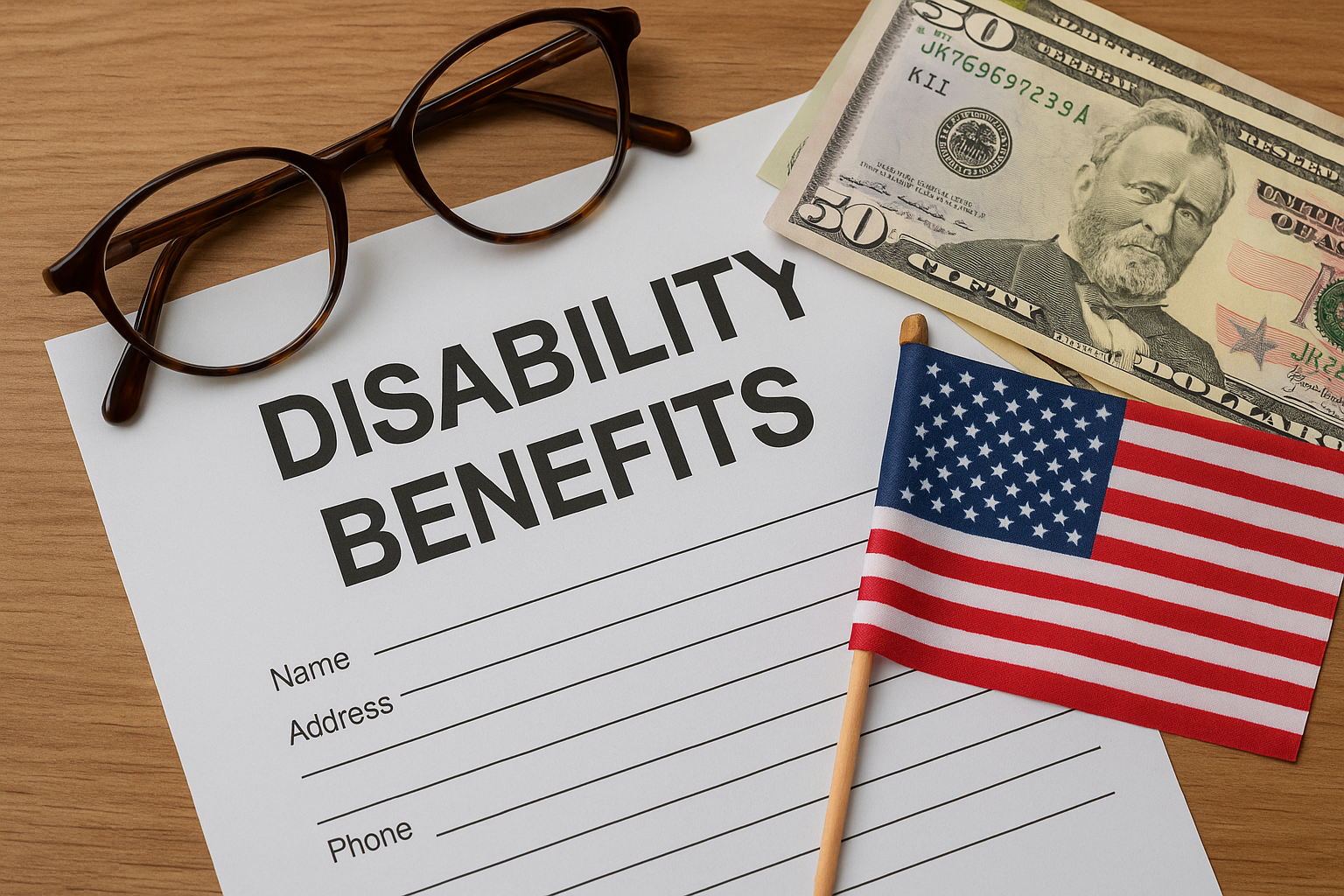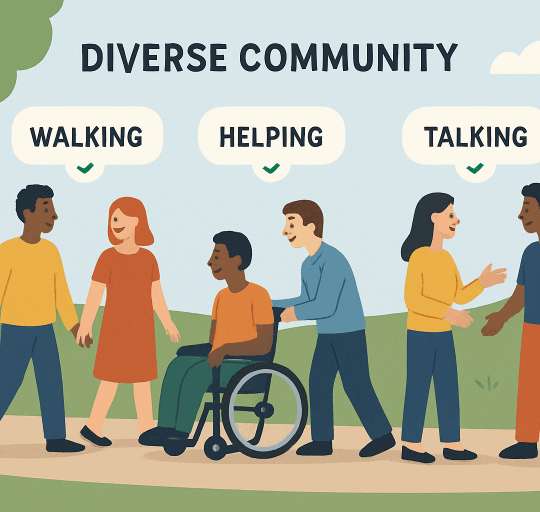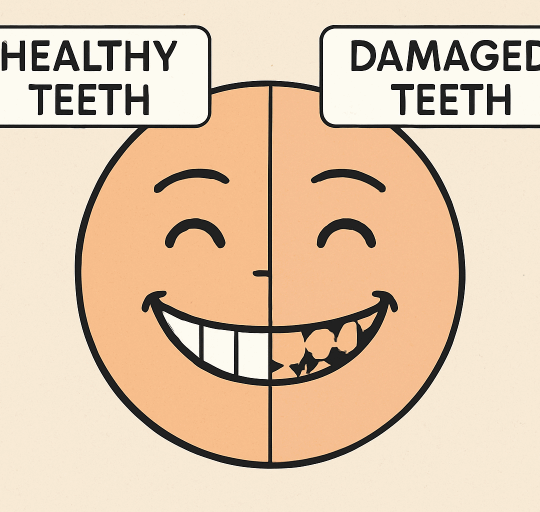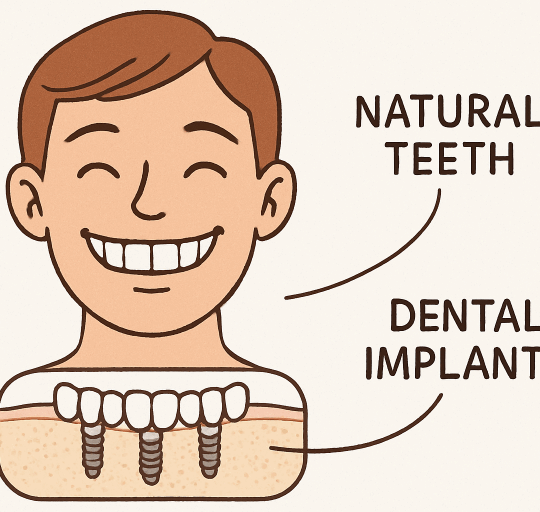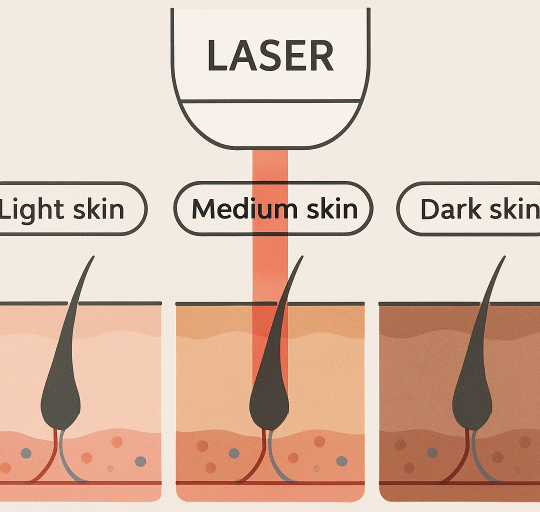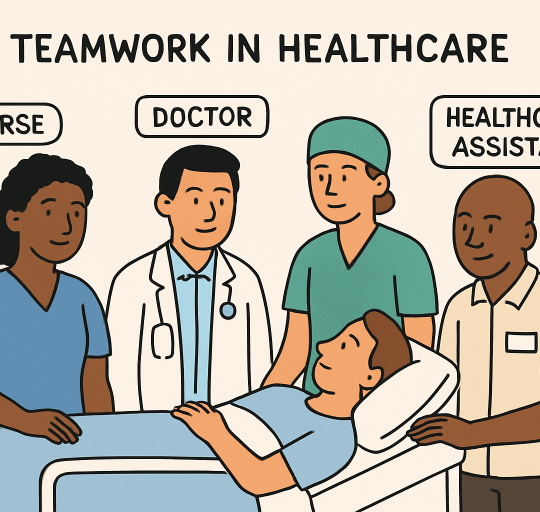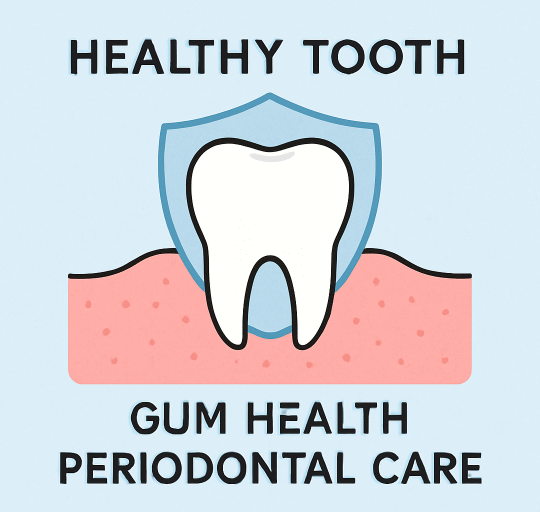Disability benefits offer crucial financial support to veterans, easing the burden of daily expenses and healthcare costs. These benefits help cover necessities such as rent, food, and medical treatments, offering stability for veterans with service-connected injuries. For many, this financial safety net reduces stress, supports rehabilitation, and empowers reintegration into civilian life.
Navigating the benefits process can be complex. Many veterans face confusing paperwork, strict deadlines, and difficult appeals. This is where a veterans disability denial lawyer can help—guiding veterans through the application process, assembling evidence, and fighting for rightful compensation. Veterans are better positioned to achieve long-term independence and peace of mind with this support.
Without adequate financial aid, veterans may struggle with overdue bills, medication access, or even homelessness. Disability payments reduce those risks and open doors to education, job training, or other opportunities that promote self-sufficiency.
Table of Contents
Improved Health Outcomes
Disability benefits are not just about money—they’re linked to better health. A study led by Dr. Amal Trivedi found that Vietnam veterans with diabetes who received increased disability payments saw a 21% drop in hospitalization rates within a year. Stable income helps veterans manage chronic conditions more effectively by enabling consistent care, prescription adherence, and regular checkups. For those new to the process or seeking clarity on eligibility, coverage, or appeals, reviewing veterans disability FAQs can offer helpful insights and prepare them for the steps ahead.
With secure benefits, veterans are more likely to report symptoms early and follow through on mental and physical health treatment. This is especially critical for conditions like PTSD or traumatic brain injuries, where consistent care can make a meaningful difference in quality of life. Families also benefit, as financial security reduces stress and creates a more stable home environment.
Legislative Improvements
Recent legislation has expanded and streamlined access to disability benefits. The 2022 Honoring our PACT Act marked a major milestone, broadening eligibility for those exposed to toxic substances like Agent Orange and burn pits. It introduced more “presumptive conditions,” which make proving eligibility easier and quicker.
These reforms reduce delays and simplify the application process, allowing veterans to receive compensation without unnecessary bureaucratic hurdles. Shorter approval times mean veterans can get help during critical moments, minimizing uncertainty and stress.
Barriers Still Remain
Despite progress, challenges persist. Studies reveal racial disparities in benefit approvals, with Black and minority veterans often facing higher denial rates despite having similar claims. Complex paperwork, long wait times, and inconsistent disability ratings remain serious issues.
These barriers can discourage veterans from continuing their claims, worsening their financial and emotional well-being. Equal access and fair treatment for all veterans must remain a national priority.
Support from Advocacy Groups
Veteran advocacy organizations play a vital role in bridging gaps. They help veterans understand their rights, navigate claims, and connect to community resources like mental health care, peer networks, and job programs. With the right guidance, veterans are better equipped to overcome obstacles and secure the support they’ve earned.
Looking Forward
As veteran needs evolve, continued policy reform, medical innovation, and community advocacy are essential. Ensuring that all veterans receive timely, fair, and comprehensive benefits is how we uphold our nation’s promise to those who served.
